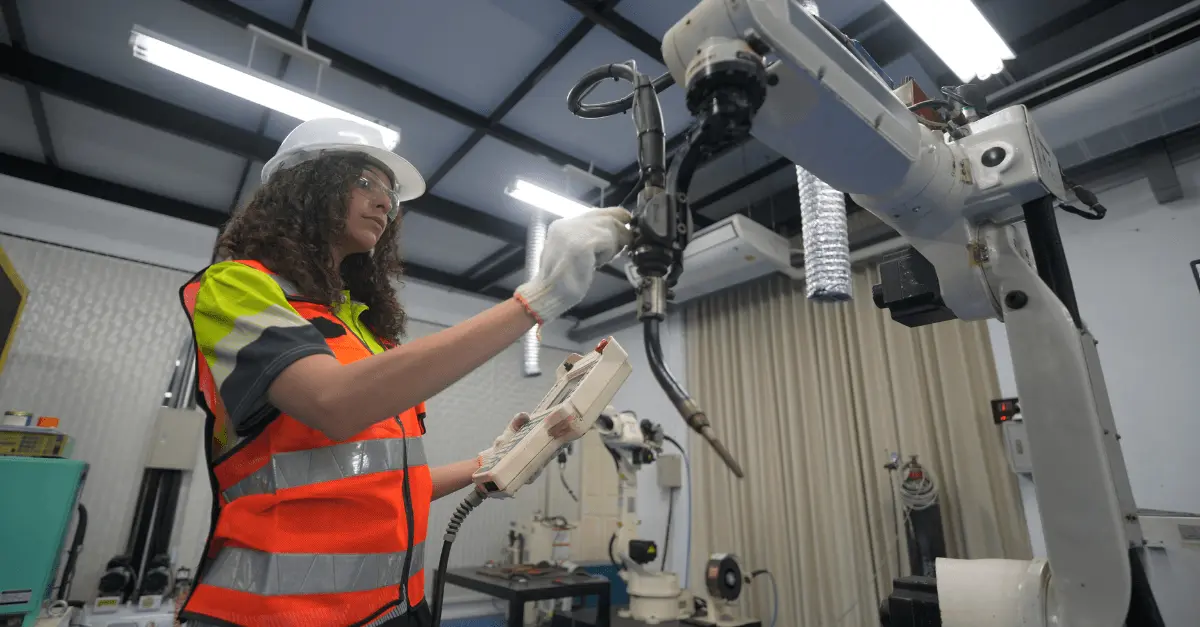The Semiconductor Industry Push Towards Sustainability
The UN Climate Study Report released Monday found that the world will likely surpass its climate target by the early 2030s

The UN Climate Study Report released Monday found that the world will likely surpass its climate target by the early 2030s. According to the report, “temperatures have already risen to 1.1 degrees Celsius above pre-industrial levels, which have resulted in more frequent and intense extreme weather events that have caused increasingly dangerous impacts on nature and people in every region of the world.”
One hundred ninety-six countries have been working together to accelerate global decarbonization efforts since The Paris Agreement was signed at the UN Climate Change Conference (COP21) in Paris, France, on December 12, 2015, which went into effect on November 4, 2016.
Semiconductors are vital in enabling global decarbonization and electrification efforts, but their production is a resource-intensive process that consumes high volumes of water and electricity and generates large amounts of waste. As a result, the semiconductor industry has recognized the importance of sustainability and taken significant steps to reduce its greenhouse gas emissions (GHG) and environmental impact while contributing to reducing the world’s GHG footprint to create a sustainable future.
Some of these measures include water conservation, such as water recycling programs and improved water management practices that help minimize businesses' water footprint and reduce water usage in manufacturing.
The industry has also developed sustainable packaging materials, such as biodegradable and compostable packaging, to reduce waste and promote sustainability. Additionally, recycling programs have been implemented for various materials used in semiconductor manufacturing, such as silicon, copper, and aluminum. Recycling these materials reduces the need for raw materials and lowers the environmental impact of semiconductor production.
The industry has also improved the energy efficiency of its operations by adopting advanced manufacturing processes, such as EUV lithography, which consume less energy per chip produced. In addition, new energy-efficient components are also being designed and produced.
Additionally, semiconductor manufacturers have implemented energy-saving measures in their facilities, such as using renewable energy sources and energy-efficient lighting and cooling systems to reduce greenhouse gas emissions from the manufacturing processes and implementing carbon offset programs.
Sustainability and decarbonization begin with companies reducing their environmental impact, but it needs to also includes businesses' upstream and downstream effects. Value chain decarbonization is complex and requires strategy and measures for Scope 1, 2, and 3 emissions, which requires collaborating with suppliers. In November last year, a Semiconductor Climate Consortium (SCC) was formed to reduce greenhouse gas emissions across the industry value chain. This collaboration is a step towards creating industry standards as well as visibility.
As businesses look to integrate their entire supply chain into their sustainability efforts, having visibility into suppliers' and partners' environmental practices and carbon emissions down to the sub-tier level becomes essential.
Leveraging digital tools helps bring visibility into the enterprise and enables more robust decision-making. See how Z2Data can help.
Frequently Asked Questions





The Z2Data Solution
Z2Data is a leading supply chain risk management platform that helps organizations identify supply chain risks, build operational resilience, and preserve product continuity.
Powered by a proprietary database of 1B+ components, 1M+ suppliers, and 200K manufacturing sites worldwide, Z2Data delivers real-time, multi-tier visibility into obsolescence/EOL, ESG & trade compliance, geopolitics, and supplier health. It does this by combining human expertise with AI and machine learning capabilities to provide trusted insights teams can act on to tackle threats at every stage of the product lifecycle.
With Z2Data, organizations gain the knowledge they need to act decisively and navigate supply chain challenges with confidence.


.svg)






